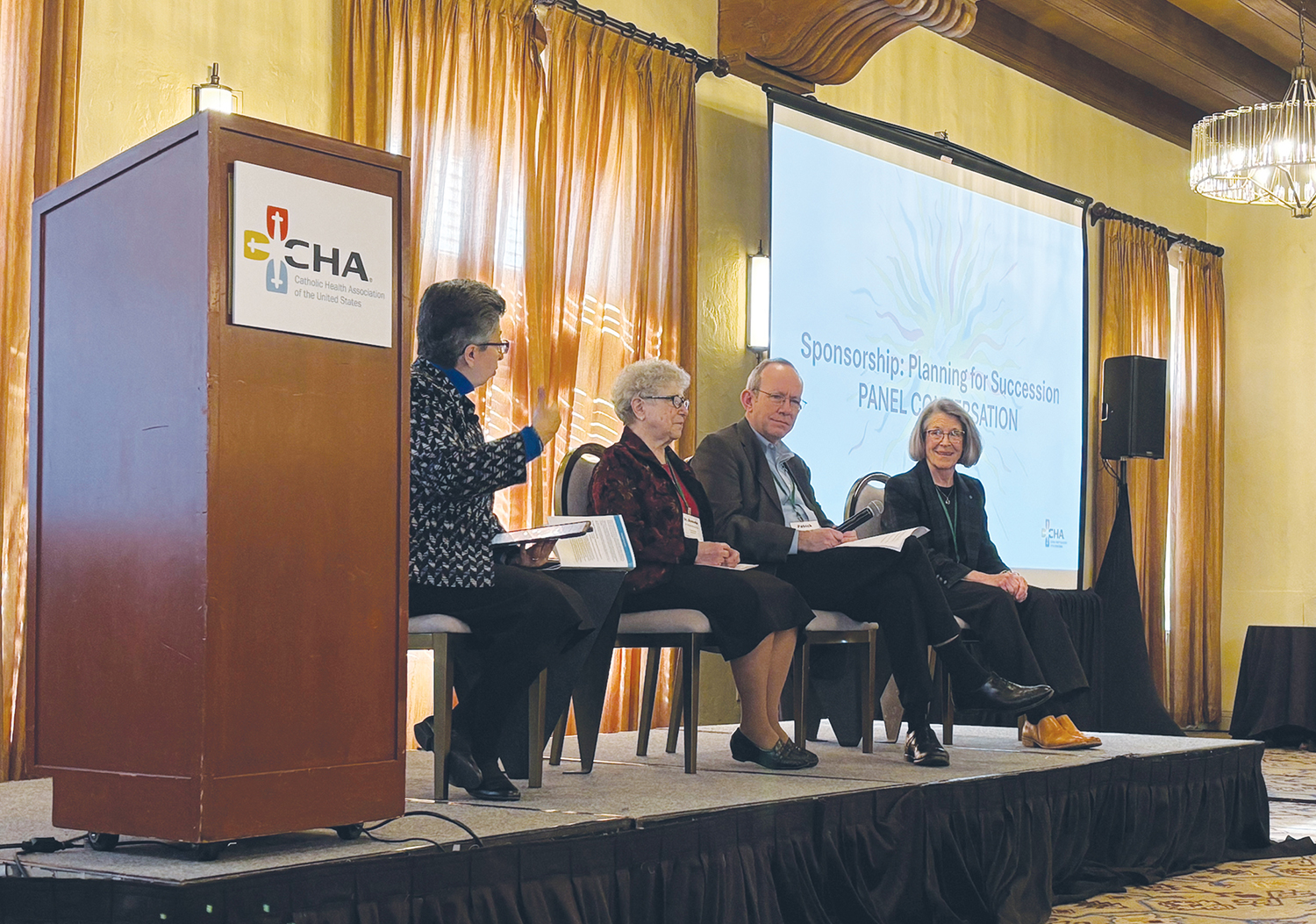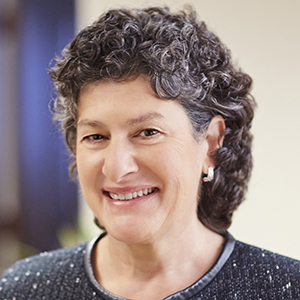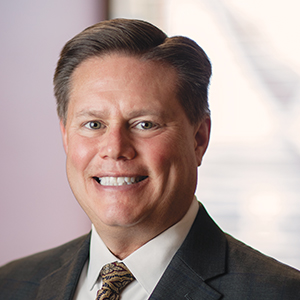
ALBUQUERQUE, N.M. — At CHA's Sponsorship Institute here 76 attendees, including seven CEOs and representatives from 21 ministries, explored the role of sponsors in influencing bold change in Catholic health.
Discussions at the gathering Jan. 22-24 focused on stewarding Catholic identity during challenging times, evaluating sponsorship effectiveness, and planning for the future of sponsorship. Participants also delved into emerging trends and key considerations for the sustainability of Catholic health care.
Sr. Jean Rhoads, DC, a member of the Ascension sponsorship board, said she valued the institute's "intentional focus on our sponsor role as guardians of a sacred treasure, Catholic health ministry.
"Through presentations and synodal conversations, the institute fostered spiritual experiences that challenged us to see possibilities with a refined lens and to identify the mysterious movements of the Spirit," Sr. Rhoads said. "Looking to the ever-changing signs of the times, I believe greater collaboration among Catholic health systems is a call of the Spirit who promises, sustains and makes all things possible."
Reviewing, reimagining
Sr. Teresa Maya, CCVI, senior director of theology and sponsorship at CHA, opened the institute by inviting reflection and discussion on the history of sponsorship. She asked those in attendance: What could
be harvested from the past 30 years? In acknowledging the past, she encouraged participants to consider the signs of the times and their response as pilgrims of hope, the theme of the Catholic Church's Jubilee 2025 celebration.
Sr. Maya posed reflective questions about what thresholds need to be crossed and reminded those present that sponsorship is "a threshold-crossing ministry." Quoting philosopher Byung-Chul Han's book "The Spirit of Hope," Sr. Maya emphasized that hope is a searching movement, venturing into the unknown and moving toward the new and unprecedented.

Sr. Mary Haddad, RSM, CHA president and CEO, began her presentation on the association's vision for the future by noting that the constitutions of women religious all included some version of responding "to the signs of the times."
She emphasized that the values of the Catholic health ministry are nonpartisan and based on the principles of Catholic social teaching. Providing an update on CHA's strategic plan on behalf of the ministry, Sr. Mary noted the association's focus on relationships with government and ecclesial partners and other health care providers. She highlighted key priorities in ensuring care for all: Medicaid, maternal health, health insurance premium tax credits, palliative care, environmental sustainability, community impact and global health.
Emphasizing the need for a reimagined health ecosystem, Sr. Mary shared the evolution of health care models, citing whole-person care for all as the model for the future. She emphasized the importance of ecclesial and other values-based partnerships in this important work.
Sponsorship survey results
Also at the institute, consultants Paul Stone and Rich Shively discussed findings from a study on sponsorship CHA conducted last year. The study included one-on-one interviews with sponsors and liaisons
and an online survey. It analyzed the current state of sponsorship, emerging issues and key questions that sponsors must address, and how CHA can effectively respond to current needs with resources, programs and networking opportunities.
Of the respondents, 78% were 66 or older, and 64% were vowed religious or ordained. To a key question about the primary concern of sponsors, 66% of respondents identified the recruitment of the next generation of sponsors, while 50% indicated the importance of ensuring the sponsor's voice in a rapidly changing health care environment.
Additionally, the survey highlighted that CHA is essential in maintaining alignment with the mission and recruiting sponsor members. Survey comments included the need for a collective voice of sponsors to have a more significant impact on key decisions and emphasized that formation and orientation need to be available promptly as new sponsors begin their roles.
The survey further explored opportunities to evaluate sponsor effectiveness by posing questions such as: Should a distinct set of metrics, aligned with both the mission and the system's objectives, be utilized to define the sponsor's role moving forward?
Stone said, "Our aim was to raise questions rather than draw conclusions. We hope these questions will lead to productive discussions."
Succession planning
In a panel discussion that followed, Patrick McCruden, chief mission integration officer at SSM Health, and sponsor board members Sr. Danielle Bonetti, CSJ, of Ascension and Mary Anne Sladich-Lantz of Providence
St. Joseph Health discussed the importance of planning for succession.
Sladich-Lantz noted the role of the sponsor as an elder, guide and wisdom figure in ensuring a prophetic voice. Bonetti shared that when Ascension invites someone to consider serving as a sponsor member, those individuals are first asked to serve on the mission committee of the board. She said this service allows potential sponsor members to understand the role of the sponsor body and discover if there is a mutual fit. This process is a key piece in the ministry's succession planning for sponsors.
The panel members raised questions about how the ministry can collaborate to ensure future generations of sponsor members. They discussed ways to generate interest in and love for the ministry.
McCruden posed a question about "widening our aperture" and the need to consider different approaches to forming potential sponsors and reaching out beyond those in Catholic health care. Engaging with emerging leaders from other Catholic organizations who are inspired by Catholic social teaching and the ministry of the sisters was also identified as a potential strategy for developing a pipeline of future sponsors. Additionally, the panelists noted that sponsor formation needs to evolve to include specific education related to health care for those lacking experience in the field.

Measuring performance
Dennis Gonzales, senior director of mission innovation and integration at CHA, offered an overview of the newly updated and virtual version of CHA's Ministry Identity Assessment. Gonzales shared the process's
role in providing a consistent and robust assessment of Catholic identity, tracking performance improvement metrics, and sharing system dashboards to create national benchmarking.
Gonzales and Sr. Maya discussed plans for the development of a sponsor self-assessment tool as a companion to CHA's Guide for Sponsors in Catholic Health Care that would complement the Ministry Identity Assessment practices with the intention of also sharing learnings across the ministry. Sr. Maya shared elements of the proposed sponsor assessment with participants and a desire to receive feedback from the ministries.
Moving forward together
During one of the institute's final sessions, participants engaged in a synodal conversation process, rotating between tables to foster meaningful interactions with a broader group. Each of the three conversation
rounds continued discussions that started in the sponsorship webinar series "The Call to Sponsorship: How is the Spirit Moving Among Us?"
The conversations began with a short clip from the film Cabrini, drawing inspiration from Mother Francesca Cabrini's faith, courage and tenacity in serving the most vulnerable in challenging times. Following each clip, participants were invited to reflect on and discuss key questions on the topics of stewarding formation around Catholic identity and the ministry's legacy, discerning the signs of the times, cultivating hope for the future, and working together to embrace bold change in the ministry.
The final clip the group watched together portrays Mother Cabrini working alongside community members to establish a hospital for those unserved.
"This scene highlights that the women and men religious founders of Catholic health care did not carry out their mission alone," said Sr. Maya. "Catholic health care needs to move beyond its nostalgic view of the past, and highlight, rediscover, bring forth, the stories of the lay men and women who laid the foundations of the ministry along the sisters and brothers."
Laura S. Kaiser, president and CEO of SSM Health, was one of the executives who attended the institute. She said the gathering provided an important venue for sponsor members, liaisons and CEOs to engage in meaningful dialogue and fellowship.
"I had two key takeaways," Kaiser said. "First was the idea that how sponsors serve may evolve, but the call is the same. The second was a wonderful, renewed commitment to our shared work."
